IT IS not every day that a fledgling business can capture the attention of common folk by constantly being in the spotlight.
Good or bad, this is exactly the position DarSa Fried Chicken finds itself in after being propelled into the national consciousness, courtesy of an admin’s faux paus in using racist language on the restaurant’s social media platform, leading to the trending of the term “Type C”.
The debate has been deeply divisive with some saying that they would not support a brand that has racist undertones although DarSa Fried Chicken has since issued an apology regarding the admin’s mistake and said it welcomes Malaysians of all races.
Due to the publicity, long queues have been spotted at DarSa Fried Chicken’s lone outlet in Bukit Beruntung, Rawang which also included a ‘Type C’ food reviewer who gave the grub a decent review.
This controversy has since further snowballed to incorporate various other issues, including whether locally-minted brands have the wherewithal to compete against larger international franchises.
An example of the on-going debate on social media is a post by netizen Dhia Trisya on Greenwood, Gombak’s Facebook page, urging Malaysians to support home grown establishments.
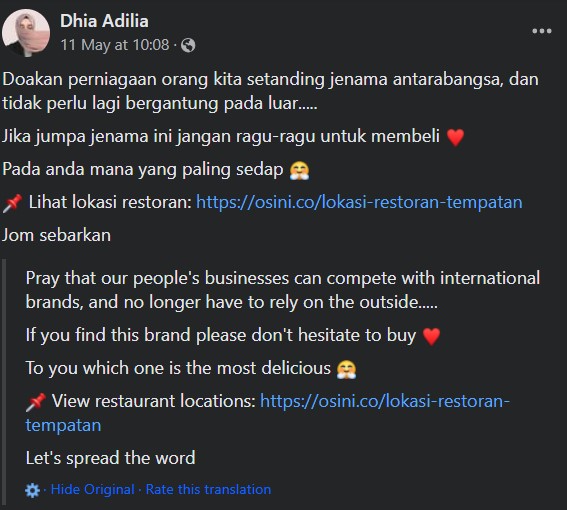
Below is a sample of the comments:
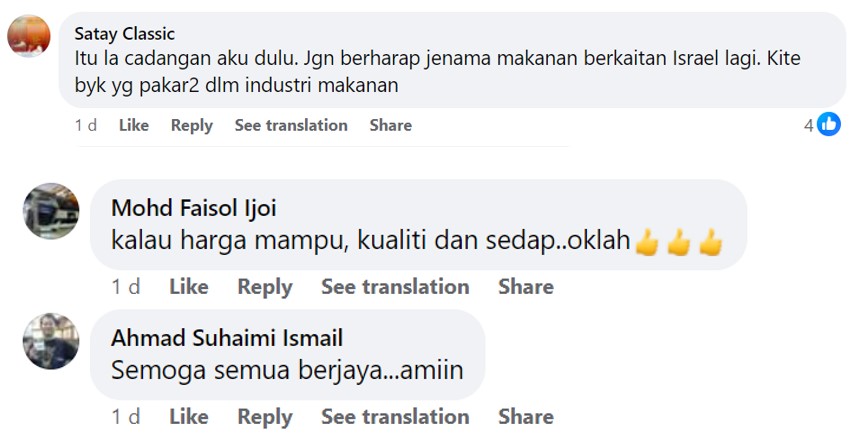
However, some did point out the difficulty in competing against major brands such as KFC that have far greater resources, never mind the economies of scale.
One netizen did also point out that the local KFC franchise (and some other international brands) is under Malaysian-Muslim ownership, thus deserving of customer support as well.
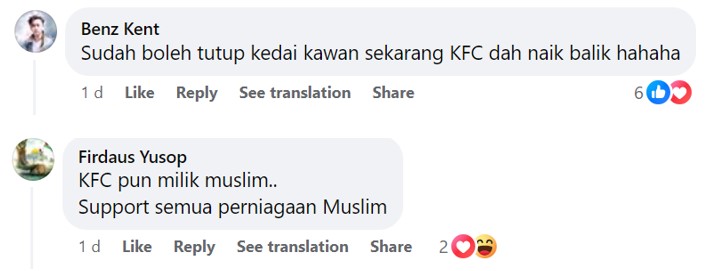
One netizen’s comment regarding the use of English in the branding underlines how complex this issue has become with semantics trumping quality and affordability.

Of course, many netizens have highlighted that it is imperative for DarSa Fried Chicken and its counterparts obtain the all-important halal certification from JAKIM (Department of Islamic Development Malaysia).

This issue has been seized upon by some when DarSa Fried Chicken’s proprietors admitted that the outlet has not yet received that certification. However, the fledgling enterprise found support from many, not least another “Type C” netizen who outlined in a video the difficult and often arduous process of applying for halal certification.
He went on to explain exactly why the business had to be operational for a minimum of three months before the application could be processed.
The comments again show how divisive everything has become with one netizen stating there was no need for Malay-Muslim businesses to have halal certification while questioning why Chinese-owned businesses were so keen to apply for it.
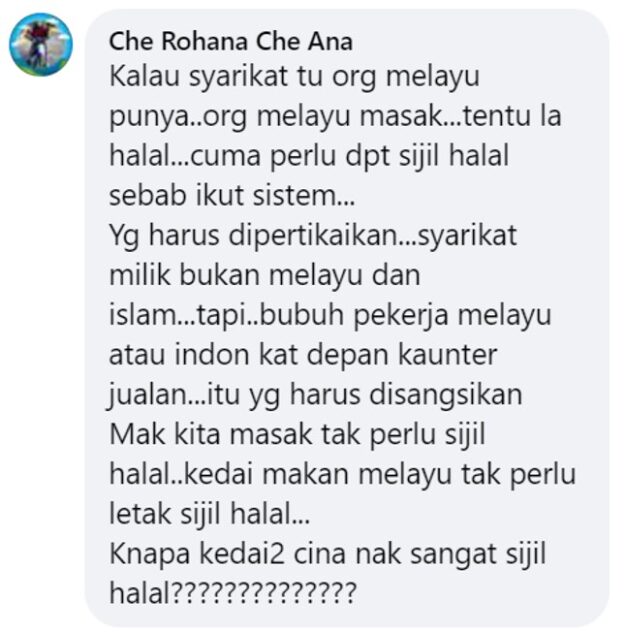
While another countered that halal status benefits all customers regardless of race or religion as it ensures the premises is clean and the food fit for consumption.
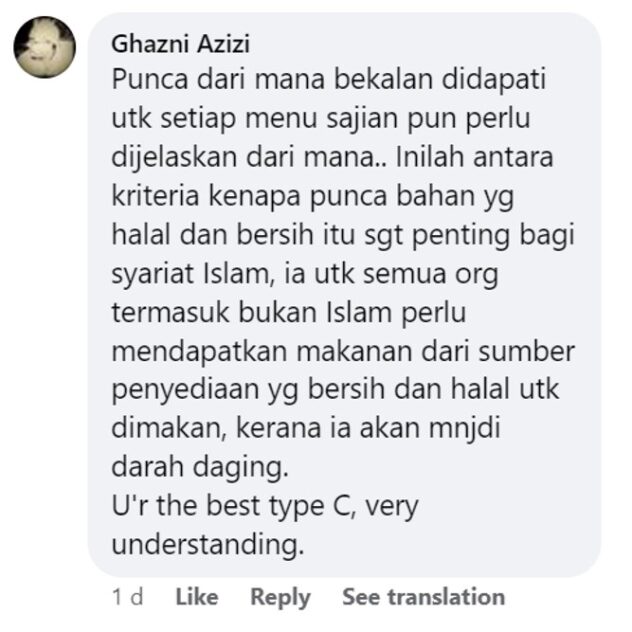
As if the current business climate is not difficult enough, DarSa Fried Chicken and its counterparts now have to navigate choppy waters under the full glare of public opinion.
As shown above, there will be some good, some bad and some downright ugly comments on social media. Unwittingly, DarSa Fried Chicken has found itself as a microcosm of the state of the nation where 3R (race, royalty and religion) issues seem to permeate every facet of Malaysian life, right down to where we buy our fried poultry.
FocusM hopes that Malaysian consumers will decide for the right reasons whether to support DarSa Fried Chicken and the other local brands. – May 14, 2024









